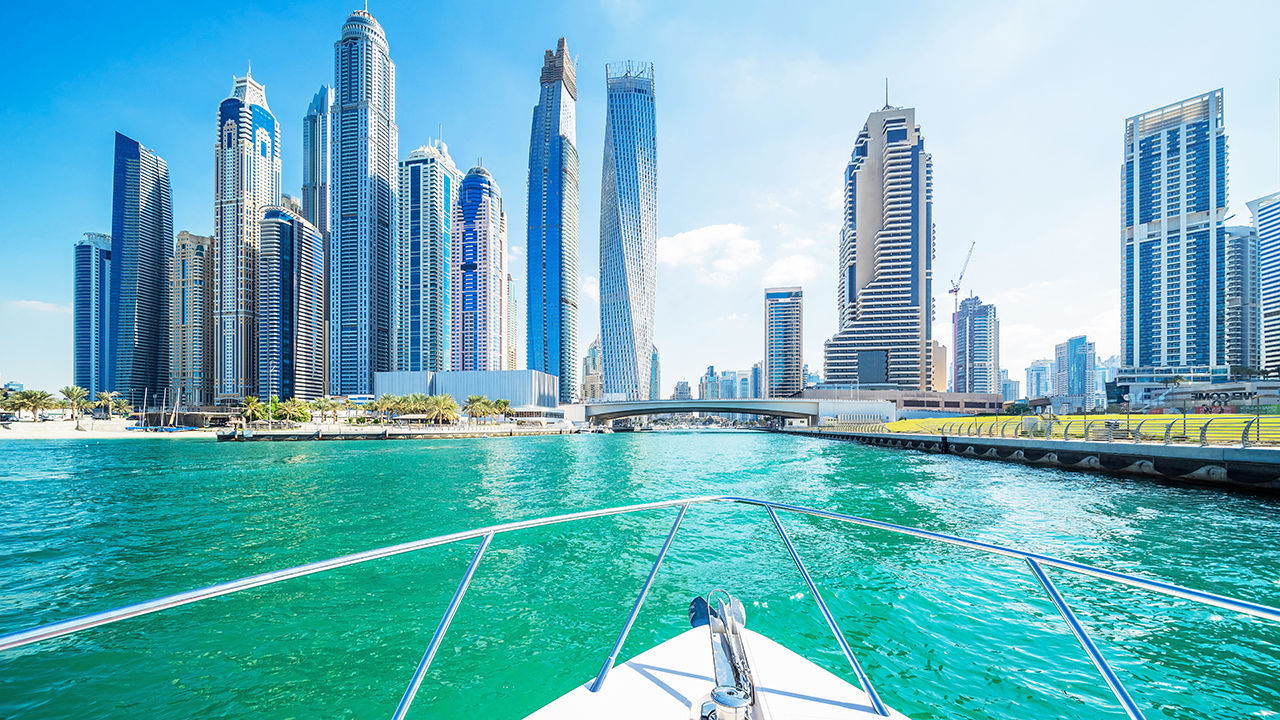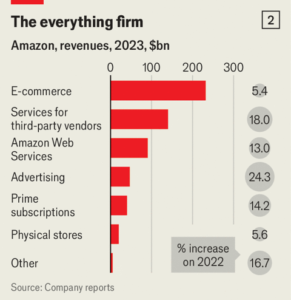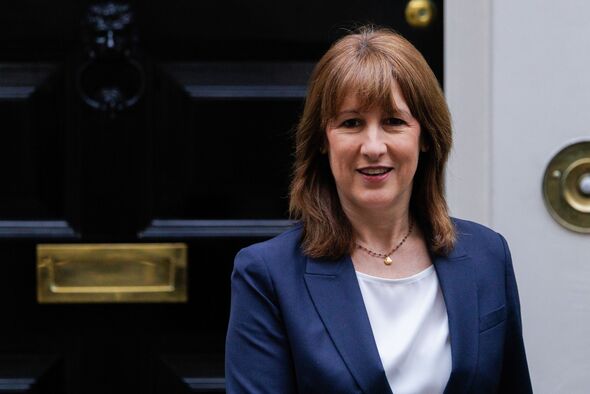
Your browser does not support the <audio> element.
DUBAI SELLS itself as a refuge for the footloose plutocrat. It is an easy place to do business and has convenient flight connections to just about anywhere in the world. Its streets are safer than New York’s or London’s (not to mention much cleaner). Just in case those attractions are not enough, it levies no tax on income, property or capital gains.
Small wonder that the United Arab Emirates (UAE), of which Dubai is the glitzy business hub, is forecast to draw a net 6,700 millionaires this year, according to Henley & Partners, a wealth consultancy. That is almost twice as many as are expected to head to America, the historic home of the world’s rich, with 5.5m residents worth $1m or more. Long a bolt-hole for rich Russians, Indians and Arabs from neighbouring countries, Dubai is now attracting a new group of mogul migrants: Europeans fleeing rising political uncertainty at home.
Brokers and agents are fielding more calls from wealthy French (at risk from punitive policies if a hard-right government comes to power) and Italians (who already have one). Some want to set up a family office to manage their assets. Many are buying property. French and Italians were among the most zealous homebuyers in Dubai in the first three months of 2024 (alongside Indians). Germans worried about the recent rise of their own hard-right populists could follow.
Dubai’s appeal to Europeans got a boost in February, when the Financial Action Task Force (FATF), an intergovernmental body, took the city off its “grey list” of dodgy places favoured by money-launderers and other financial mischief-makers. Emirati banks now examine their clientele more carefully and big property developers no longer accept briefcases full of cash.
Consultants and brokers report that this new scrutiny may have been instrumental in Dubai’s removal from the FATF’s naughty step. The same scrutiny may also have prompted wealthy Russians to take their money elsewhere, for fear of losing it to Western sanctions. That should make it a bit easier for the newcomers to find nannies, chauffeurs and advisers.
The European arrivals appear undeterred even by the conflict in Gaza, and the threat that it might escalate into a regional conflagration (this week fighting has intensified between Israel and Hizbullah, the Iran-backed group that controls much of Lebanon). Perhaps they reason that a much more dangerous war is already raging on the EU’s eastern flank. Or maybe any fear of horrors elsewhere in the Middle East is outweighed by the bliss of the autocratic UAE’s politics—or rather lack thereof. ■
To stay on top of the biggest stories in business and technology, sign up to the Bottom Line, our weekly subscriber-only newsletter.

















